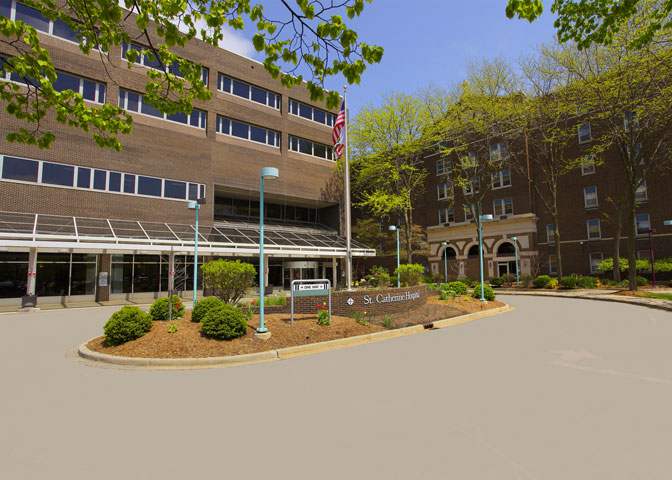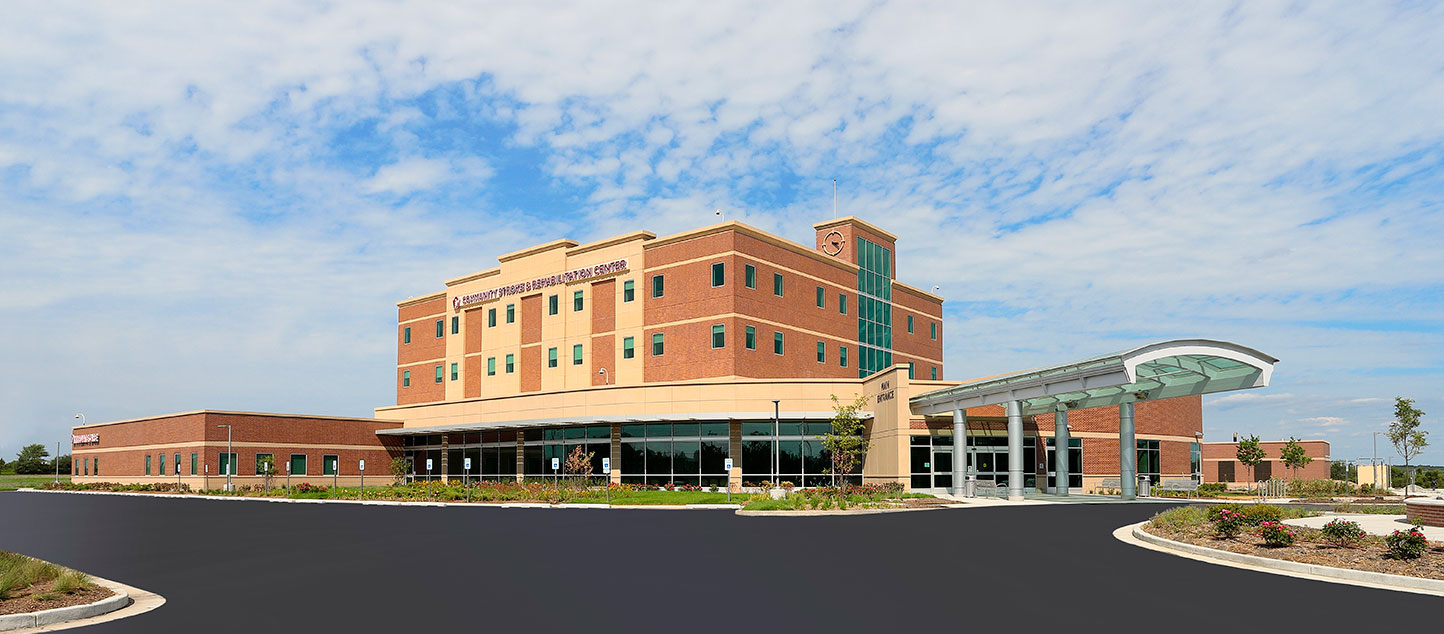
For 38 years, Frank Maver Jr. of Highland made a living with his hands. So when the retired Inland Steel machinist found he couldn’t hold a fork in one hand and cut with the other or bring food up to his mouth; he knew he needed help.
Neurologist Ender Akan, MD, confirmed a diagnosis of Parkinson’s disease and prescribed medications.
“I was baffled by the news,” Maver says. “I don’t have a family history of Parkinson’s and these issues had never affected me before. I was a machinist in a machine shop making small parts to help keep the steel mill running and I worked with my hands to achieve precision to within 10,000 of an inch,” he says.
Parkinson’s disease is a degenerative disorder of the nervous system. Early in the disease, symptoms are mostly movement-related, such as resting tremor, rigidity and slowness of movement.
Despite being on medication, as time went on, Maver’s symptoms got worse and made everyday living a battle.
“I wasn’t able to drive anymore,” he says. “I could not control the gas pedal or brake fast enough to drive because of stiffness in my legs. Bending down to tie my shoes was impossible.”
“My doctors were sure they could improve my quality of life with a minimally invasive procedure called Deep Brain Stimulation (DBS),” Maver says. “It was amazing – a miracle. Out of this world…unbelievable – they took good care of me,” he says.
“The most rewarding part of being partnered in the DBS program offered at Community Hospital is seeing the smile on my patient’s face once the initial programming is completed and observing their overwhelming satisfaction that they have finally achieved that moment of glory in their battle to regain their lives, despite their disease,” says Neurologist Andrea DeLeo, DO, MSE.
Find out more about how advances in Neurosurgery are making a difference in the lives of patients like Frank.


